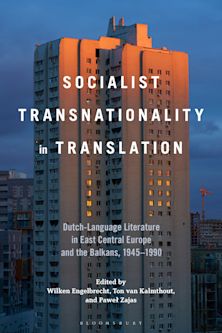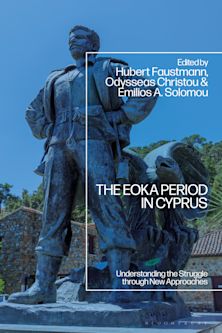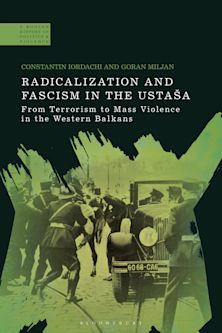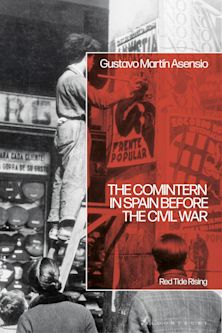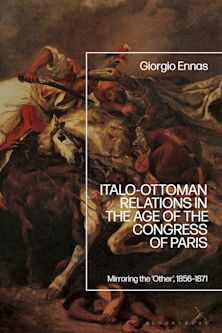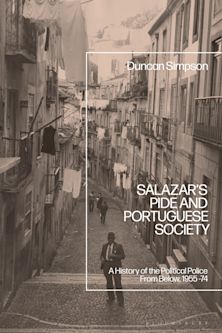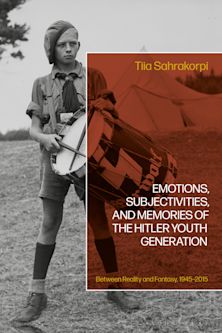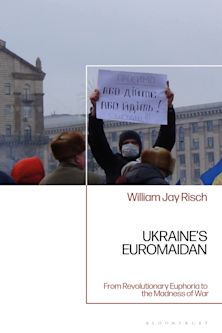Ecstatic Pessimist
Czeslaw Milosz, Poet of Catastrophe and Hope
Ecstatic Pessimist
Czeslaw Milosz, Poet of Catastrophe and Hope
This product is usually dispatched within 1 week
- Delivery and returns info
-
Free CA delivery on orders $40 or over
Description
Ecstatic Pessimist is a timely book about the Central and Eastern European experience of the mid 20th century, as told through the poetry and experiences of Czeslaw Milosz, Nobel Laureate for literature, who wrote on the horrors of war and the human experience. Written by a colleague and friend of the poet, it is part literary criticism and part memoir.
This biography/memoir of Czeslaw Milosz is a first hand account of the poet’s life and his relationship to the author, beginning in the 1960s. Milosz was a Polish-American poet, prose writer, translator, and diplomat. Regarded as one of the great poets of the 20th century, he won the 1980 Nobel Prize in Literature. In its citation, the Swedish Academy called Milosz a writer who "voices man's exposed condition in a world of severe conflicts".
Ecstatic Pessimist expands on Czeslaw Milosz’s commitment to “unpolitical politics” – working for a revolution in culture, and above all poetry, as a necessary preparation for a revolution in politics.
This is a familiar notion in Poland, which for two centuries was politically divided, but poets preserved and enhanced a lively Polish consciousness, And, as the book shows, Milosz took steps over two decades to help reunite Poles in the successful Solidarity movement, whose struggle eventually changed the regime and forced the Soviet armies to withdraw.
But the book is designed to encouraged a similar development in America. Milosz’s ambition for poetry may at first sound exotic, but as the book says, it is in the spirit of what John Adams wrote late in life to Thomas Jefferson: “The [American] revolution was in the mind of the people, and in the union of the colonies, both of which were accomplished before the hostilities commenced.”
Though the book is also designed for those who already know and love Milosz, it is primarily written for those looking for someone whose genius could similarly inspire Americans of both left and right to unite in restoring the badly broken politics of this country.
The book argues that Czeslaw Milosz is that genius, as perhaps the only person who has been praised by intellectual leaders like Chris Hedges on the left, and has also spoken at Hillsdale College, the intellectual citadel of the American right.
Product details
| Published | Feb 28 2023 |
|---|---|
| Format | Hardback |
| Edition | 1st |
| Extent | 376 |
| ISBN | 9781538172438 |
| Imprint | Rowman & Littlefield Publishers |
| Dimensions | 237 x 157 mm |
| Series | World Social Change |
| Publisher | Bloomsbury Publishing |
Reviews

ONLINE RESOURCES
Bloomsbury Collections
This book is available on Bloomsbury Collections where your library has access.












